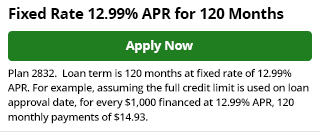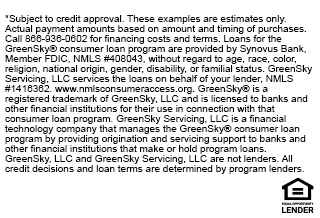Can you own an electric vehicle without charging at home? The answer is yes, but… You’ll have what’s known as “range anxiety.” That’s common among EV owners; they worry about how far they’ll get on their battery charges. It is often recommended home EV charging stations should be reviewed with a local electrician before buying a car.
In some cases, new EV owners don’t plan ahead. When it’s time to install the 240-volt outlet, perhaps they learn their electrical box and/or service
need to be upgraded, or the distance from the box to the
charging location is excessive. –USNews
Home EV Chargers: 8 Reasons To Call Your Electrician
You can save money on some home projects when you DIY (do-it-yourself), but you never save time. Often do-overs and damages cost more than paying a professional to get the job done right quickly.
Home EV charging stations are never a DIY installation project. Here’s why:
- Before you self-install a home EV charging station, ask your tax professional if a DIY installation will be eligible for 2023’s thirty percent tax credit. It may disqualify the tax incentive.
- Code compliance matters. An EV charging station can increase your property value if it’s professionally installed. Otherwise, you may be in violation of local regulations.
- EV charging stations and some car components’ warranties can be voided without a professional EV charger installation. Licensed electricians guarantee workmanship and take responsibility for their mistakes.
- Future issues (including fire hazards) are substantially reduced when your charging station is professionally installed. DIY jobs often need repairs or replacements later.
- It’s not worth the safety risk. What you don’t know about electrical currents and sockets can hurt you.
- Location is important. The chargers are weatherproof and water-resistant. But it’s important to examine all possible charge points. An electrician will identify issues and inconveniences you might miss.
- Property damage may not be covered by your insurance if you DIY a charging station. If you torch the garage, it might be your responsibility to pay for the repairs.
- You need the correct unit and setup for your EV, property, and lifestyle. Your local electrician can work with you to determine exactly what you need.
Heed Public Charging Station Risks
As of April 2023, Arizona has 989 public charging stations, with 2,768 ports for charging. It’s worthwhile asking your employer about company charging station options for employees. The added convenience could offset the expense.
You need to know this before you buy: Not all EVs can use fast-charging stations. Plus, some Level 3 (fast-charging) public stations request a payment plan upfront and on-file. There are charging networks for that purpose. (Examples include Blink, ChargePoint, Electrify America, and EVgo.) The other thing to know is that frequent fast charging is harder on your car than overnight charging at home.
You can review the Arizona charging stations map to learn more.
Public Charging Station Risks
The amount of high voltage available at public EV charging stations is itself a hazard. Improper use of public charging stations can cause burns, electrocutions, and shocks. Charging a vehicle with a damaged battery can cause a fire.
Because these stations are located outdoors, dangers are increased by weather. Obviously working with electricity during a rainstorm increases your odds of injury, but because of their locations, public EV charging ports are high-risk for vandalism. If tampered with, the charger or its components could be a shock or fire hazard.
Safety precautions are in place and will continue to be upgraded at public charging stations. But nothing beats the safety and security of a home EV charging station installed by a trusted, licensed electrician.
A home charging station is a good investment. It will increase your home’s value and reduce your carbon footprint. Let’s discuss your options today. Contact TIO Electric.










